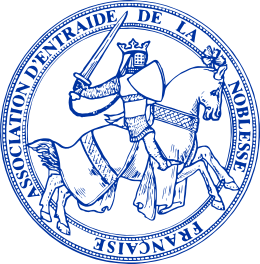News

Le Figaro: "Count, marquis, duke... Do you know what these titles mean?"
05 March 2024
Press review
Viewed 2623 times
These titles of nobility have lost their historical significance to become honorific. Do you know their origins? Today, there are over 4,000 members of the French nobility / Bridgeman Images "Prince,...
You must be logged in to read more









